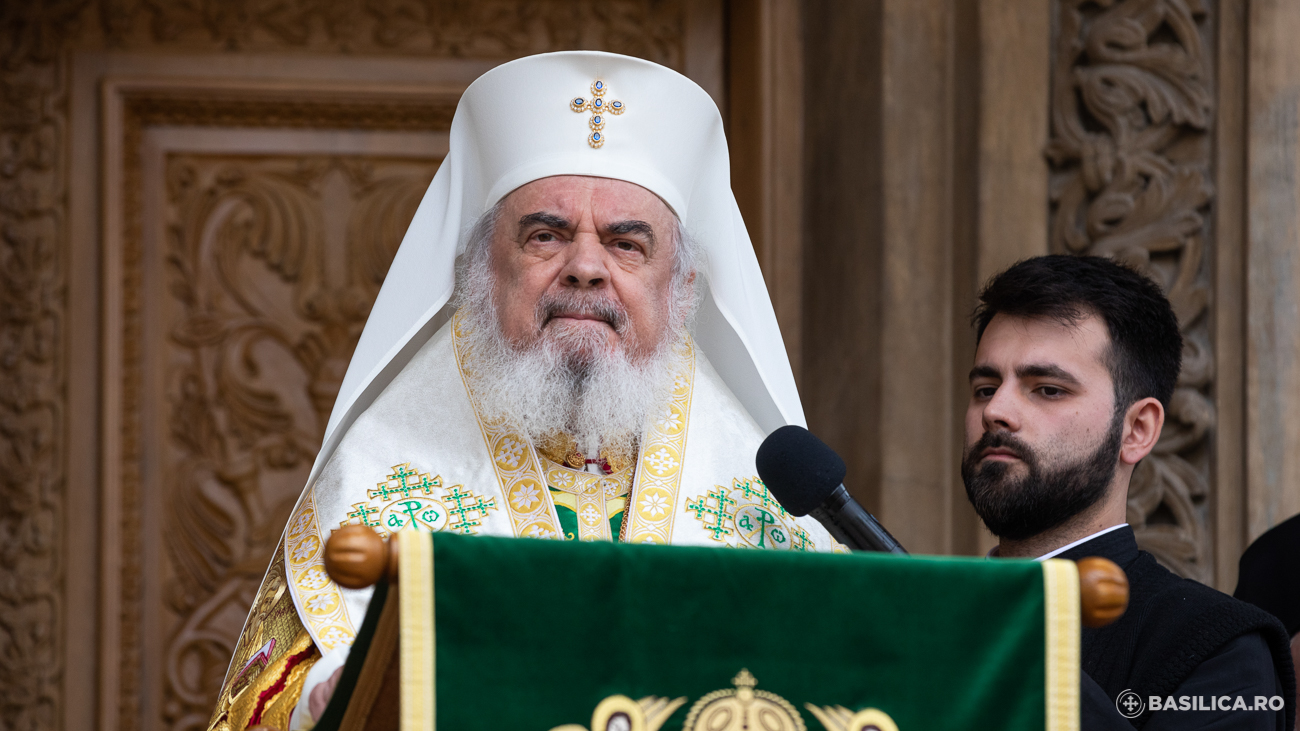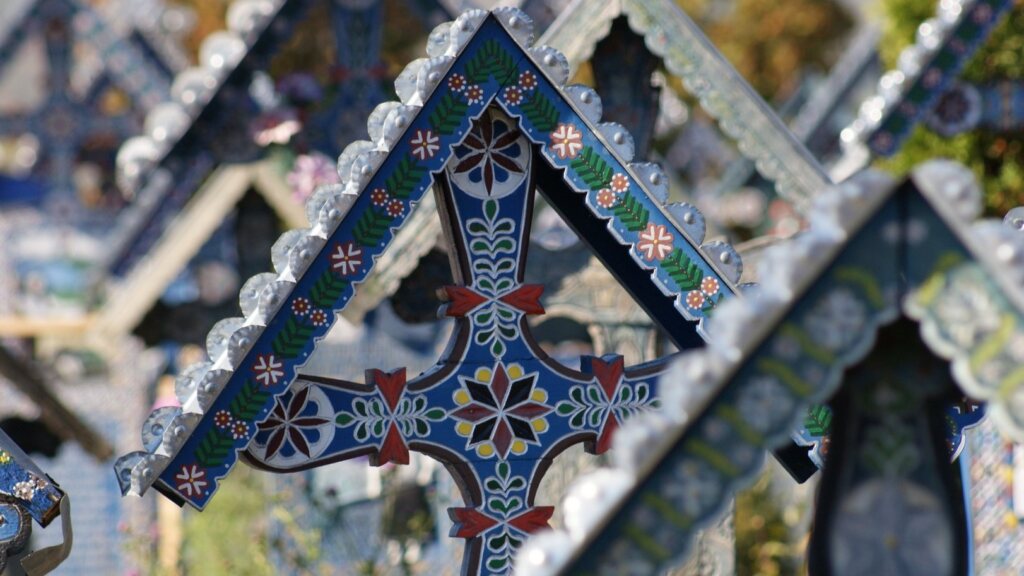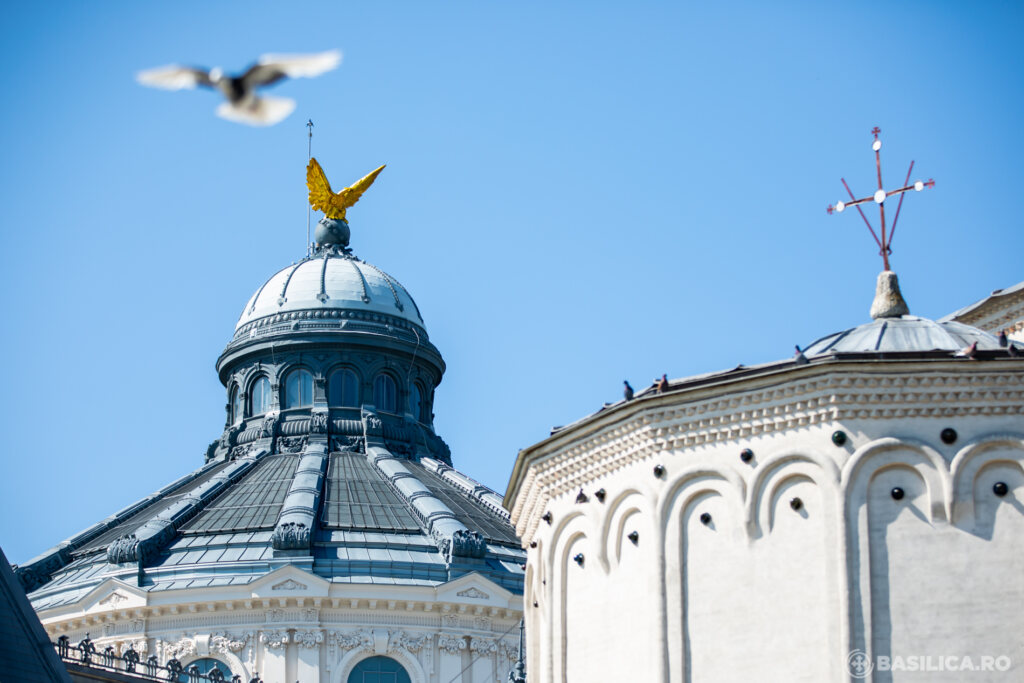The Feast of the Entry of the Lord into Jerusalem connects the Lenten period with the beginning of a mystagogic, mystical period, the Romanian Patriarch explained on Palm Sunday.
“Until now, the period of forty days has been one of asceticism, hardships, and fasting,” His Beatitude said.
Patriarch Daniel explained that “asceticism” was translated into Romanian as “labour” and means “not to do one’s own will, but to fulfil the will of God,” as Elder Petroniu Tănase of Mount Athos noted.
“However, the following Week of the Holy Passions is a mystagogical week. The fast continues, but during this period, we not only weep for our sins and ask for forgiveness, but we participate mystically – that’s why it is called a mystagogic or mystical Week – in the sufferings of Christ. We crucify ourselves with Christ so that we may rise with Him.”
“This mystagogic week reveals to us that the purpose of our life is to live the life of Christ because Christ wants to give us His sinless life, His holy life.”
“That’s why He invites us to take our personal cross and unite it with the Holy Cross of His sufferings, so that we may understand that the mystery of the Cross is a ladder to resurrection, to heaven, to eternal life.”
“The following week of the Holy Passions – the mystagogical week entering into the mystery of Christ’s suffering and then into the mystery of Christ’s victory over sin, over hell, the devil and death; it is a deep experience of the meaning of the Christian life,” the Patriarch of Romania highlighted.
His Beatitude recalled that Baptism is participation in the death and resurrection of Christ, according to the Holy Apostle Paul.
“This mystery of Christ’s death and resurrection received at Baptism is lived throughout the Christian life, especially at Holy Pascha. That is why, in the early Church, in general, those who wanted to become Christians were baptized on the night of Easter, and afterwards, they wore white clothes, received at Baptism, for a week. That is why it is called the Bright Week, and the baptized were called neophytes, newly planted or enlightened; Baptism was also called Holy Illumination.”
“So, with the Lord’s Entry into Jerusalem, we begin the transition to the Week of the Holy Passions to reach the glorious Resurrection then.”
Before bringing expensive gifts to the church, we must offer our souls to Christ
Another topic the Patriarch of Romania addressed during his Palm Sunday sermon was the anointing of the Saviour’s feet with fragrant oil of great price.
“This attitude of Mary is prophetic in several ways,” His Beatitude stressed. “She represents over time all the gifts that the faithful bring to the church to Jesus, all the beautiful vestments, icons and paintings, all the ornaments are brought as a thanksgiving offering to the Saviour and His saints.”
“But especially this pure oil of great price represents the soul of the Christian cleansed of sins by repentance and sanctified by prayer and good works.”
“So, before bringing expensive, beautiful material gifts to the church, we must offer Christ the soul cleansed of sins through repentance and sanctified through prayer, good deeds and by partaking of the Holy Mysteries,” Patriarch Daniel said on April 9.
His Beatitude Patriarch Daniel ended his speech by conveying good wishes to the nearly two million Romanians with flower names.
Patriarch Daniel attended the Divine Liturgy on Palm Sunday at the historic Chapel of St George at the Patriarchal Residence.
Photography courtesy of the Basilica.ro Files
Follow us on Twitter: @BasilicaNews






